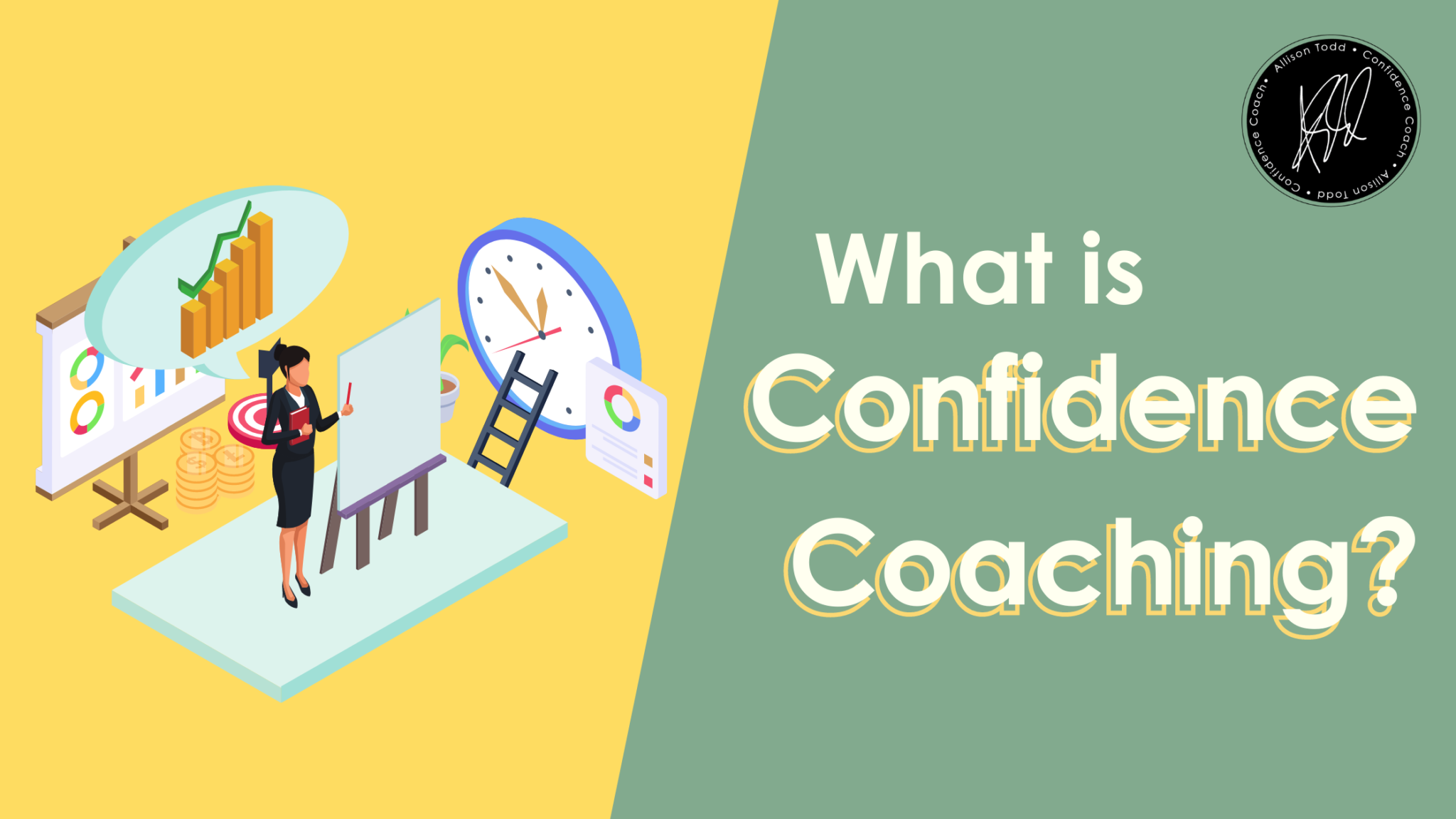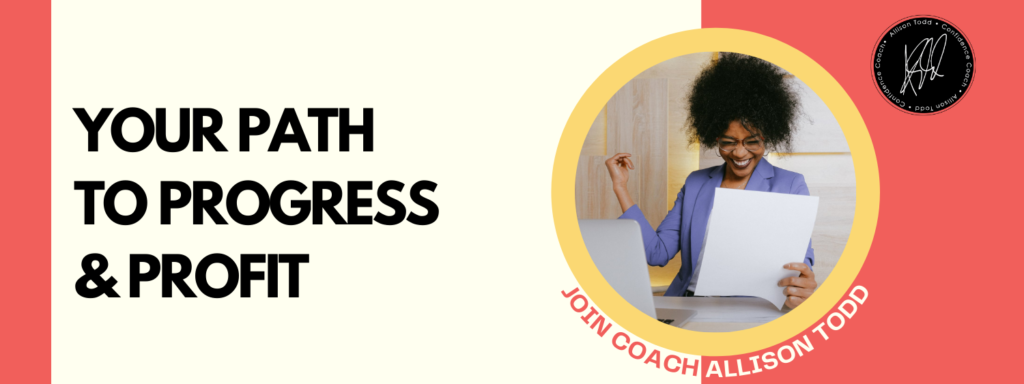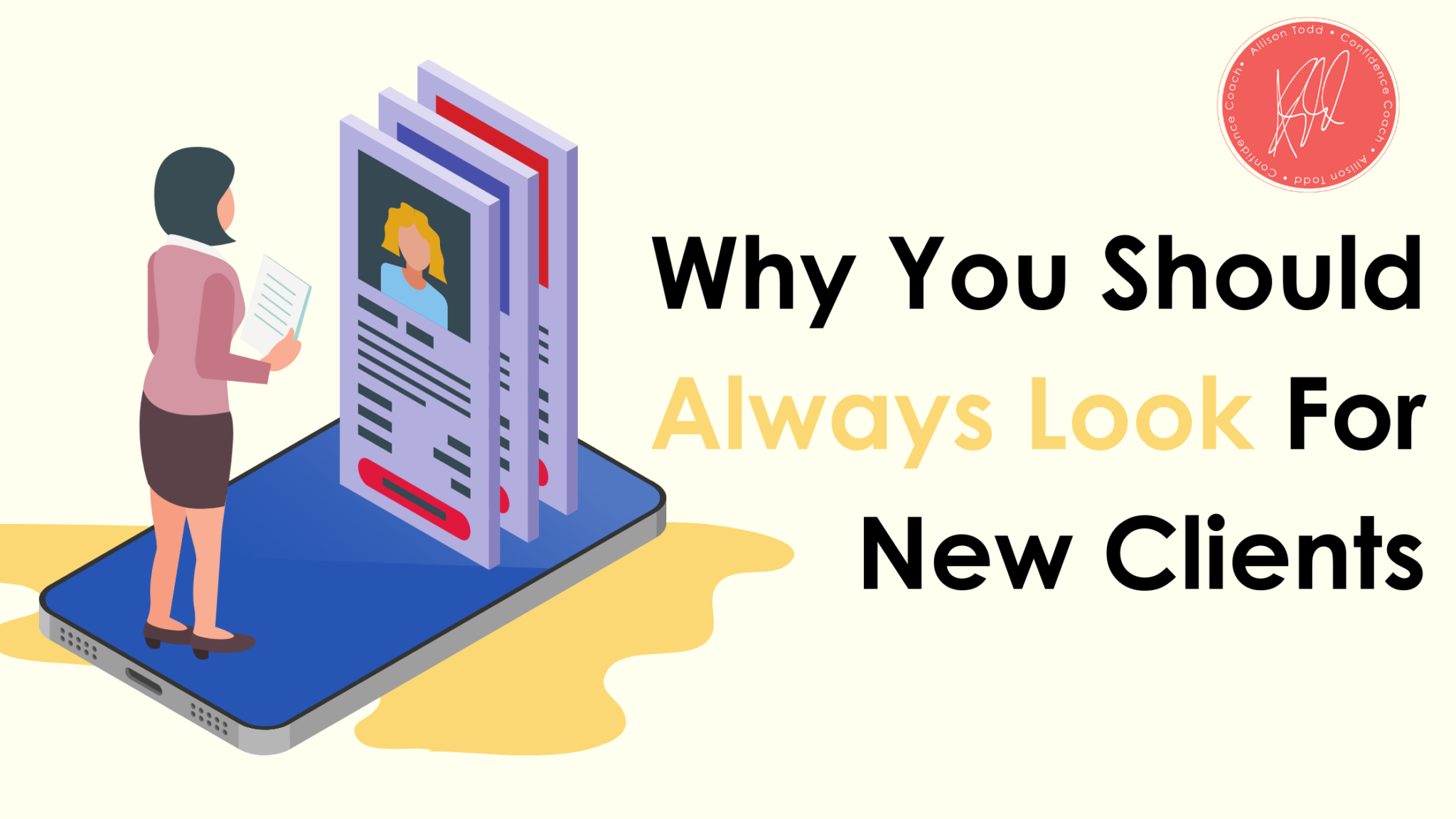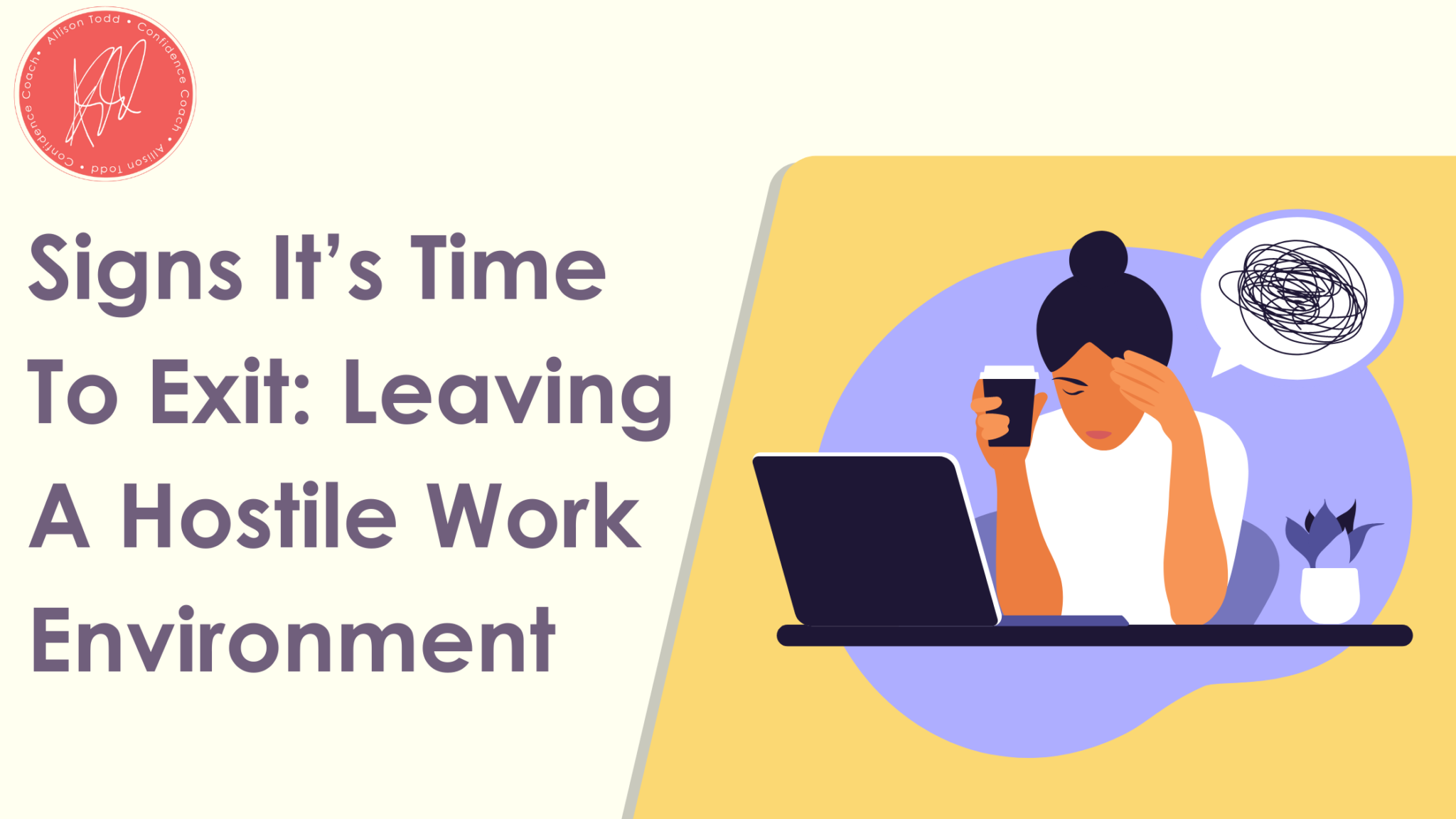What is meant by “executive coaching?” What’s the difference between executive coaching and coaching? And, most importantly, is executive coaching worth it?
The coaching industry is booming. It seems there is a coach for everything, from business coaches to feline-behavior coaches. But what exactly is executive coaching? What does it do? And is it worth your money, and more importantly, your time? This article will lay everything on the line, breaking down any myths about the role of an executive coach and how it can help you.
What Is Meant by “Coaching?”
Firstly, let’s consider the term “coaching.” The word “coaching” means supporting, teaching, and mentoring a person to unlock their potential and help achieve their goals. We associate the term “coaching” with sports, and if we were to take this at surface value, a sports coach does well in representing the umbrella role of a coach.
Consider a basketball coach, for instance. A basketball coach’s responsibility is to direct, instruct, and improve a basketball team’s overall strategy and performance.
When we remove the ‘basketball’ element, we’re left with something similar: instructing, directing, and improving the overall strategy and performance. Whether this tackles a business angle (a business coach), a nutrition angle (a nutrition coach), our relationships (a relationship coach), the fundamentals remain consistent.
What Is Meant by “Executive Coaching?”
Now that we understand the broad term “coaching,” we can move onto the more specific branch of “executive coaching.”
The term “executive coaching” is a 1:1 coaching session between a coach and senior leaders. It’s related to corporate coaching (otherwise known as career coaching). Leaders use an executive coach to both support and challenge their performance, striving for nothing short of excellence.
Executive coaching was initially known as performance coaching and was created to fast-track career-driven professionals to the top of their game.
What Does an Executive Coach Do?
If you’re considering hiring an executive coach, you may find yourself searching for “what should I expect from an executive coach?” To manage (and exceed) your expectations, here are the fundamentals every executive coach should offer you:
- – Provide a sounding board padded with support and confidentiality
- – Ask questions that stretch and challenge your current approach
- – Help you achieve clarity
- – Hand you helpful resources that can aid in meeting your goals
- – Lend their own personal opinion and advice, should you ask for it.
- – Conduct behavioral assessments and analyze the results for areas of strength and weakness.
- – Set, track, and reassess growth and development goals.
Who Can an Executive Coach Help?
Often, executive coaches help leaders and senior leadership teams. There’s no written rule that executive coaches can’t coach any employee that shows excellent promise and capability of growth. In fact, it’s becoming more common for employers to invest money into their capable employees through an executive coach, even before they reach leadership level.
What Are the Benefits of Executive Coaching?
The benefits of executive coaching are extensive and can maximize an employee’s potential if you find the right executive coach. This is advantageous not only to the employee, but the whole business will also benefit from this. So, with that in mind, let’s look at the real benefits of executive coaching.
Executive Coaching Benefit 1: Higher Motivation Levels
Human beings are motivated when they see their success. It’s something every single one of us has in common. While there are people who crumble under pressure when they can see that an approach isn’t working, others may thrive. This differentiation between types of employees can cause issues for the company. Instead, ensuring an executive coach produces success in certain areas will guarantee higher motivation levels.
Executive Coaching Benefit 2: Better Leadership Strategies
Executive coaches often coach members of a Senior Leadership Team. With anyone higher up in a business, leadership is a fundamental skill that needs to be constantly improved. It may come naturally to some, but others find leadership challenging.
Hiring an executive coach will allow you to explore different leadership styles and tactics, help you spot your leadership weaknesses, and, ultimately, improve.
Executive Coaching Benefit 3: Increase Your Self-Awareness
Self-awareness is key to any form of progression. Whether that’s for your own personal fitness, subject knowledge, or attitude at work. Being self-aware allows you to identify areas of weakness and strength. Often, we aren’t as self-aware as we could be, as we’re so busy juggling the many tasks assigned to us. However, having an executive coach helps you see yourself clearly, allowing you to improve specific areas and strategies.
Executive Coaching Benefit 4: Teaches You Higher Levels of Empathy
We could all learn to show more empathy in the workplace. So often, we don’t consider what someone has been through when they make a mistake. Leadership teams, in particular, are known for being cold with little empathy. But the world is changing, and an empathetic approach is ranking higher and higher on employees’ “must-have” list when looking to build their career.
If you can show empathy, you’ll find that your team wants to reward this understanding with hard work. Plus, it shows your humane side, rather than simply being a leadership team member.
Executive Coaching Benefit 5: Strategy and Data Analysis
The point of a coach is to help you improve. In terms of an executive coach, it tends to revolve around bettering your performance at work. This involves evaluating the strategies you’re currently implementing by monitoring the data, analyzing it, and piecing together a narrative. An executive coach can help show you different sides of the story, allowing you to strategize with all of the information to make a well-rounded decision.
Is an Executive Coach Worth It?
The question we’ve all been waiting for: is an executive coach worth your money and time?
The short answer? Yes.
The long answer? Hiring an excellent executive coach can transform your working life. It can better your leadership skills, improve your ability to empathize, support you and aid in meeting your working goals, and genuinely take you from “good” to “great.”
To do so, you must have a solid executive coach who has proven results. But, as always, you get what you pay for. So, it’s fundamental to do your research first.
You also need to be open to change. There’s little point in hiring an executive coach if you don’t honestly want to improve. You must be open-minded and ready to see yourself the way your team does. If none of these are applicable, you may not be prepared for executive coaching.
But, if they do apply, you’ll absolutely benefit from an executive coach.









